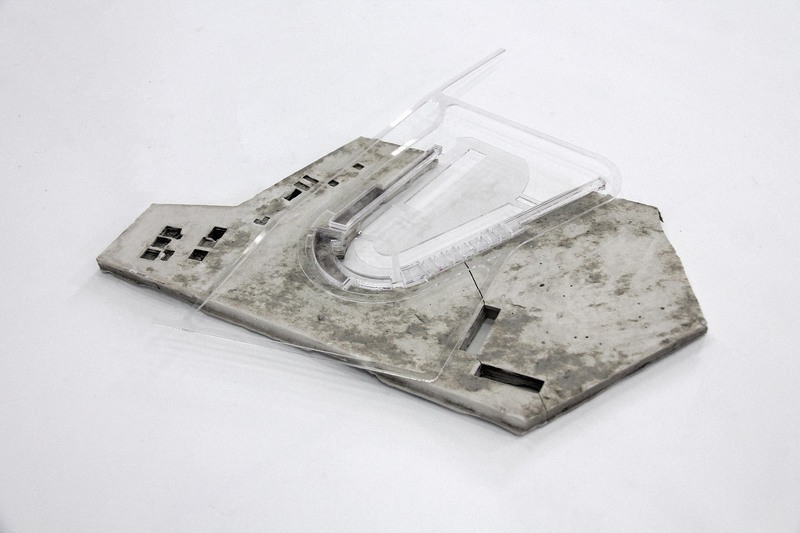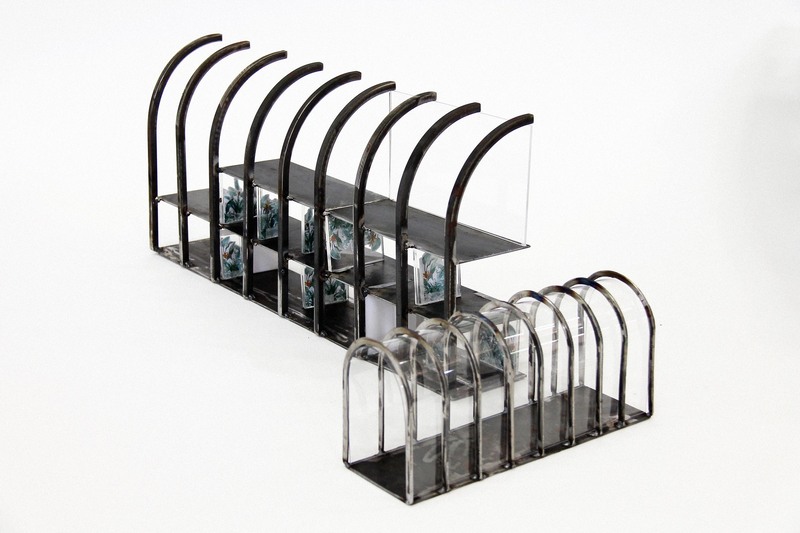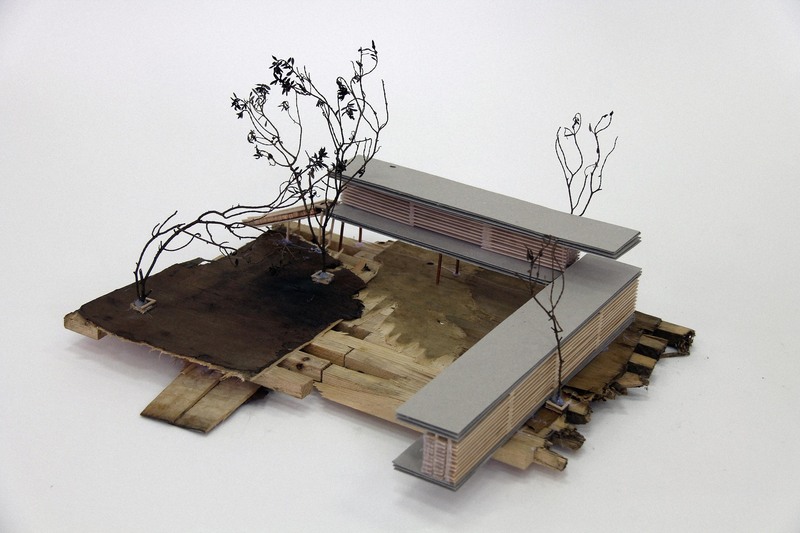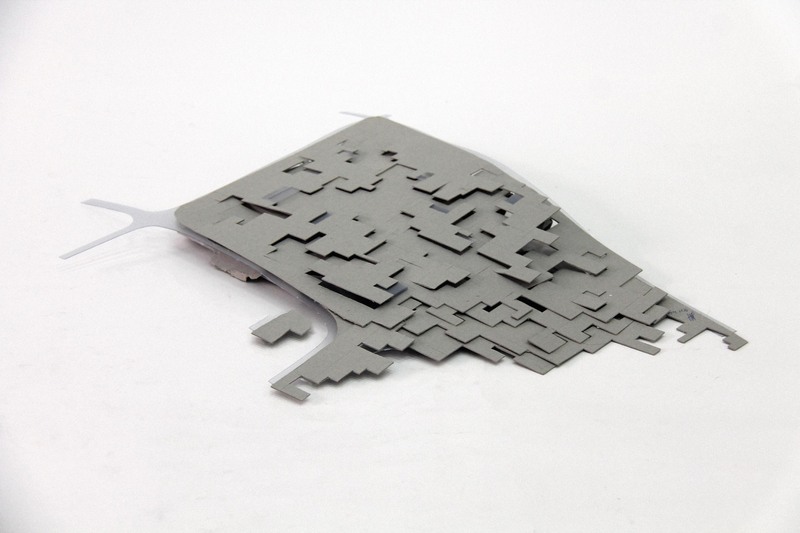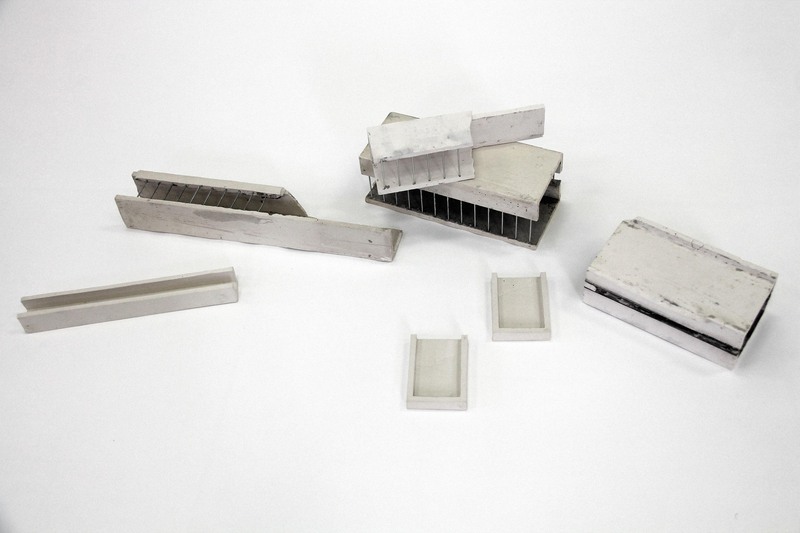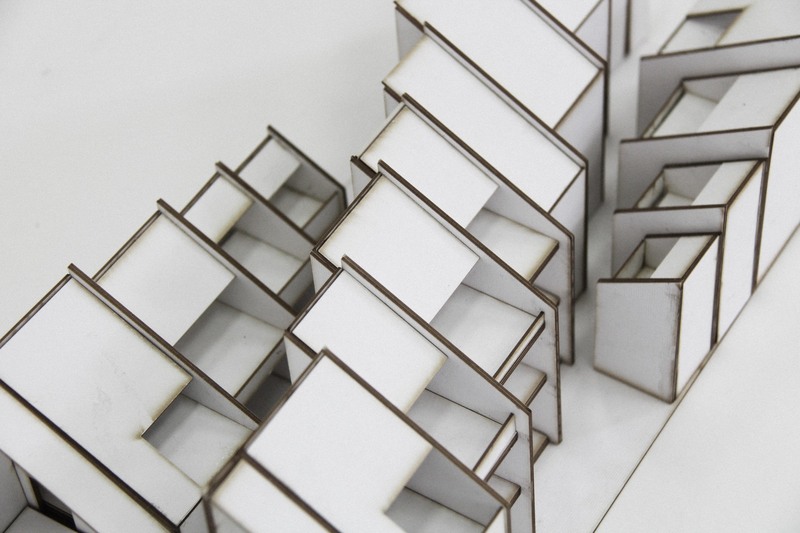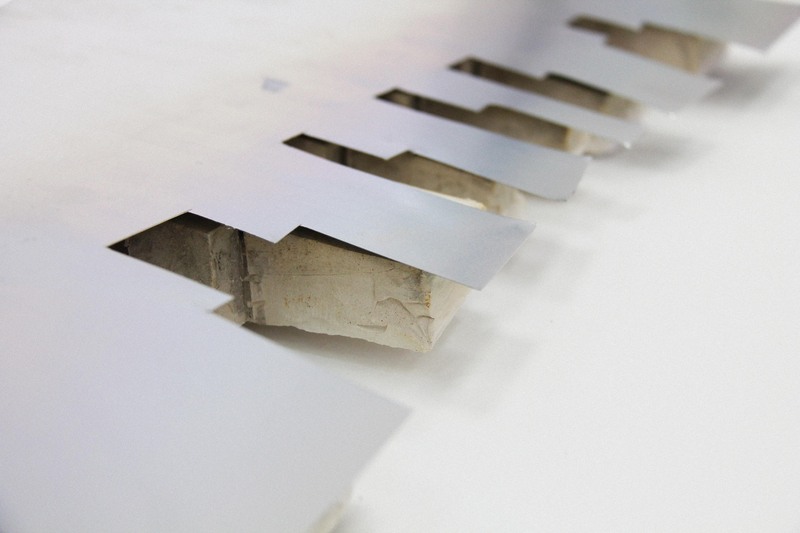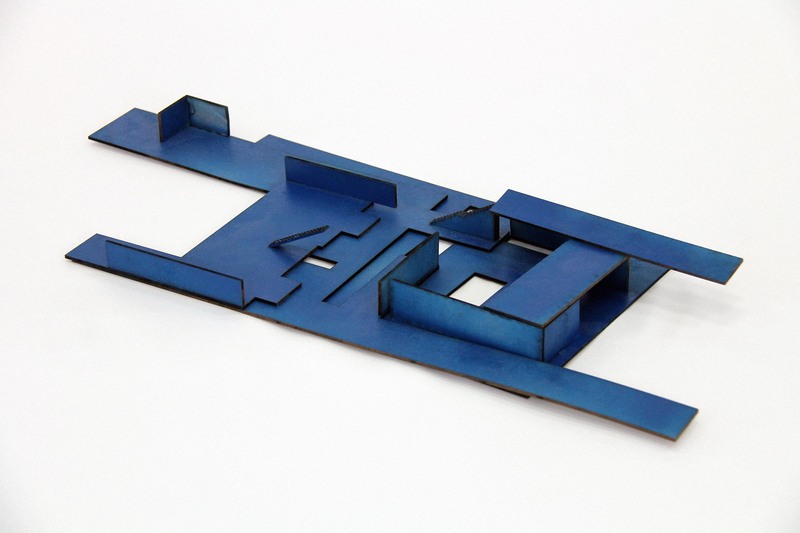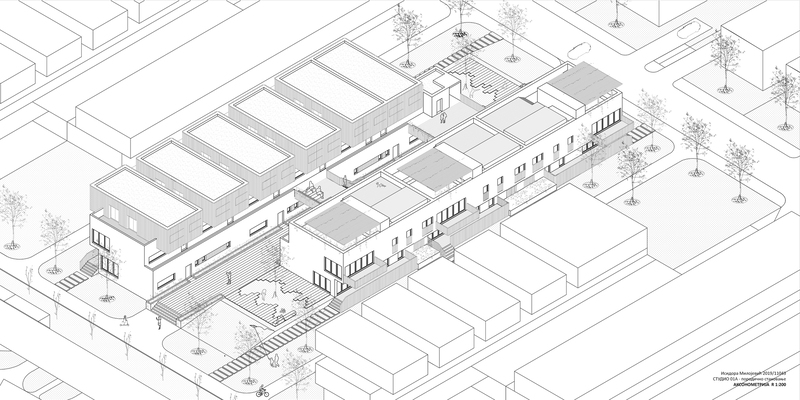HomeStudio 01A - Family Housing
The focus of this course is understanding the multiplicity of contextual influences on a design problem of family housing. Students deal with the research of socio-cultural, economic, technological and environmental factors that influence the design of programs and spaces of a residential community and its surroundings. Raising the question of typologies of family housing is an important part of the program, so the “type” and its transitional forms are examined: from “family housing “towards the multifamily structures. The main goal is to introduce the student to the complexity of architectural design through exposure to all heterogeneous aspects of the design process: from the importance of theoretical concepts that can provide basics for a critical approach; through the creative application of visual arts and their significance and influence on architecture, to the functional, organizational and technological constraints relevant to the project task, but with the constant insight of the needs and aspirations of users and the general environmental impact of the built surrounding. Students prepare and present projects in different scales, complexities, typologies, contexts, from the design of urban assembly of low density through the functional and organizational structure of the unit custom made for the individual user and its everyday routines to the studies of formal, sculptural and aesthetical potentials of the conceived housing model.

